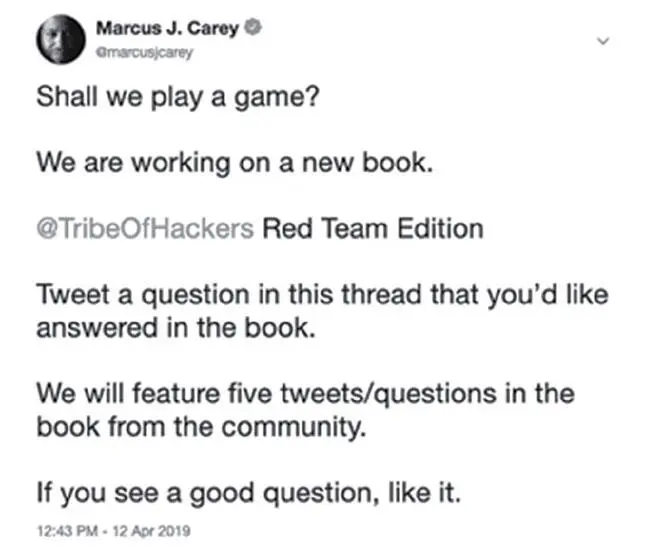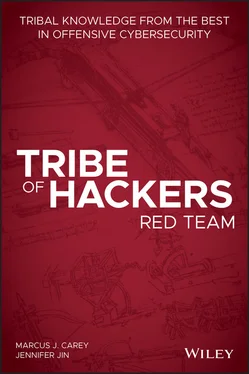109 100
110 101
111 102
112 103
113 104
114 105
115 106
116 107
117 108
118 109
119 110
120 111
121 112
122 113
123 114
124 115
125 116
126 117
127 118
128 119
129 120
130 121
131 122
132 123
133 124
134 125
135 126
136 127
137 128
138 129
139 130
140 131
141 132
142 133
143 134
144 135
145 136
146 137
147 138
148 139
149 140
150 141
151 142
152 143
153 144
154 145
155 146
156 147
157 148
158 149
159 150
160 151
161 152
162 153
163 154
164 155
165 156
166 157
167 158
168 159
169 160
170 161
171 162
172 163
173 164
174 165
175 166
176 167
177 168
178 169
179 170
180 171
181 172
182 173
183 174
184 175
185 176
186 177
187 178
188 179
189 180
190 181
191 182
192 183
193 184
194 185
195 186
196 187
197 188
198 189
199 190
200 191
201 192
202 193
203 194
204 195
205 196
206 197
207 198
208 199
209 200
210 201
211 202
212 203
213 204
214 205
215 206
216 207
217 208
218 209
219 210
220 211
221 212
222 213
223 214
224 215
225 216
226 217
227 218
228 219
229 220
230 221
231 222
232 223
233 224
234 225
235 226
236 227
237 228
238 229
239 230
240 231
241 232
242 233
243 234
244 235
245 236
246 237
247 238
248 239
249 240
250 241
251 242
252 243
253 244
254 245
255 246
256 247
257 248
258 249
259 250
260 251
261 252
262 253
263 254
264 255
265 256
266 257
267 258
268 259
269 260
270 261
271 262
272 263
273 264
274 265
275 266
276 267
277 268
278 269
279 270
280 271
281 272
282 273
283 274
284 275
285 276
Tribe of Hackers would not exist without the awesome cybersecurity community and the contributors in it. I owe them tremendously for allowing me to share their perspectives on our industry.
I’d like to give a special shout-out to my wife, Mandy, for allowing me to do whatever the heck I want as far as building a business and being crazy enough to do this stuff. To Erran, Kaley, Chris, Chaya, Justin, Annie, Davian, Kai: I love you all more than the whole world!
I also want to thank Jennifer Jin for helping build the Tribe of Hackers book series and summit. She would like to thank her parents for not thinking that she’s crazy for quitting pre-med.
Thanks also goes to Jennifer Aldoretta for helping me build a company that is true to our values. Shout-out to every one of the people that I’ve worked with over the past few years.
Thanks to Dan Mandel, Jim Minatel, and the Wiley team for believing in the whole vision.
—Marcus J. Carey
Howdy, my name is Marcus, and I’m a hacker. You probably picked up this book to learn from the best in red teams. I’m going to start off with one of my favorite sayings: “We have two ears and one mouth so that we can listen twice as much as we speak.” This quote is attributed to the Greek Stoic philosopher Epictetus. Trying to live out that wisdom is something I may never master.
When I was young, I was a know-it-all. I’d argue just to be right even when confronted with facts that definitively showed I was wrong. I was that kid in class who would raise my hand at every question, practically jumping out of the seat when a question was asked.
At some point, my parents bought an encyclopedia set, which I read from cover to cover. I read dictionaries to learn new words. I wanted to be like Einstein and Martin Luther King, Jr., rolled up into one. This behavior of wanting to know everything and believing I was the smartest person on Earth was crushed when I joined the military.
I was pretty smart and an excellent test taker, so I got into the U.S. Navy’s cryptologic program. After I left basic training and arrived at my technical training command, I noticed it was swamped with nothing but really smart people.
When I arrived in Scotland for my first duty station, it was more of the same. I worked with senior noncommissioned officers and civilians who absolutely blew my mind. The old me was still there, but I eventually put my pride away and started asking more questions. I started taking the saying “There is no such thing as a dumb question” seriously.
From then on, I asked the most questions. Asking questions, and more importantly, listening to what others had to say, changed my life and learning. I still read everything I could get my hands on and kept close to the people who knew their stuff.
All my question-asking led me to a successful career in cybersecurity. My question-asking and listening was great when dealing with prospects and customers on the sales side of things. When people ask me how I got here, I tell them, “I ask more questions than anyone else.”
Last year, when I started working on the original Tribe of Hackers , we asked more than 70 individuals in cybersecurity questions about how they started and found success. In this book, I’ve brought along a merry bunch of hacker friends who specialize in offensive security (aka red teaming).
Before we get started, let me quickly lay out what a red team is. A red team is a cybersecurity function that tests networks, applications, and systems to find vulnerabilities that may lead to compromise. Sometimes, red teams are allowed to exploit systems to validate that the vulnerability is real. Red teams also can perform physical assessments and social engineering engagements.
On the opposite side of the house, a blue team is responsible for monitoring networks, systems, and applications for intrusions and for making sure that the confidentiality, integrity, and availability of all assets are not affected. Nowadays, organizations are combining red and blue teams and sometimes use the term purple team .
To formulate questions, I reached out the cybersecurity community on Twitter to hear what they wanted to know about the most.

Originally, I planned on using five questions from the book, but on second thought, I decided to take more than five questions from the community. The following are the questions inspired by the response from the community, plus a few more from me.
1 How did you get your start on a red team?
2 What is the best way to get a red team job?
3 How can someone gain red team skills without getting in trouble with the law?
4 Why can’t we agree on what a red team is?
5 What is one thing the rest of information security doesn’t understand about being on a red team? What is the most toxic falsehood you have heard related to red, blue, or purple teams?
6 When should you introduce a formal red team into an organization’s security program?
7 How do you explain the value of red teaming to a reluctant or nontechnical client or organization?
Читать дальше












